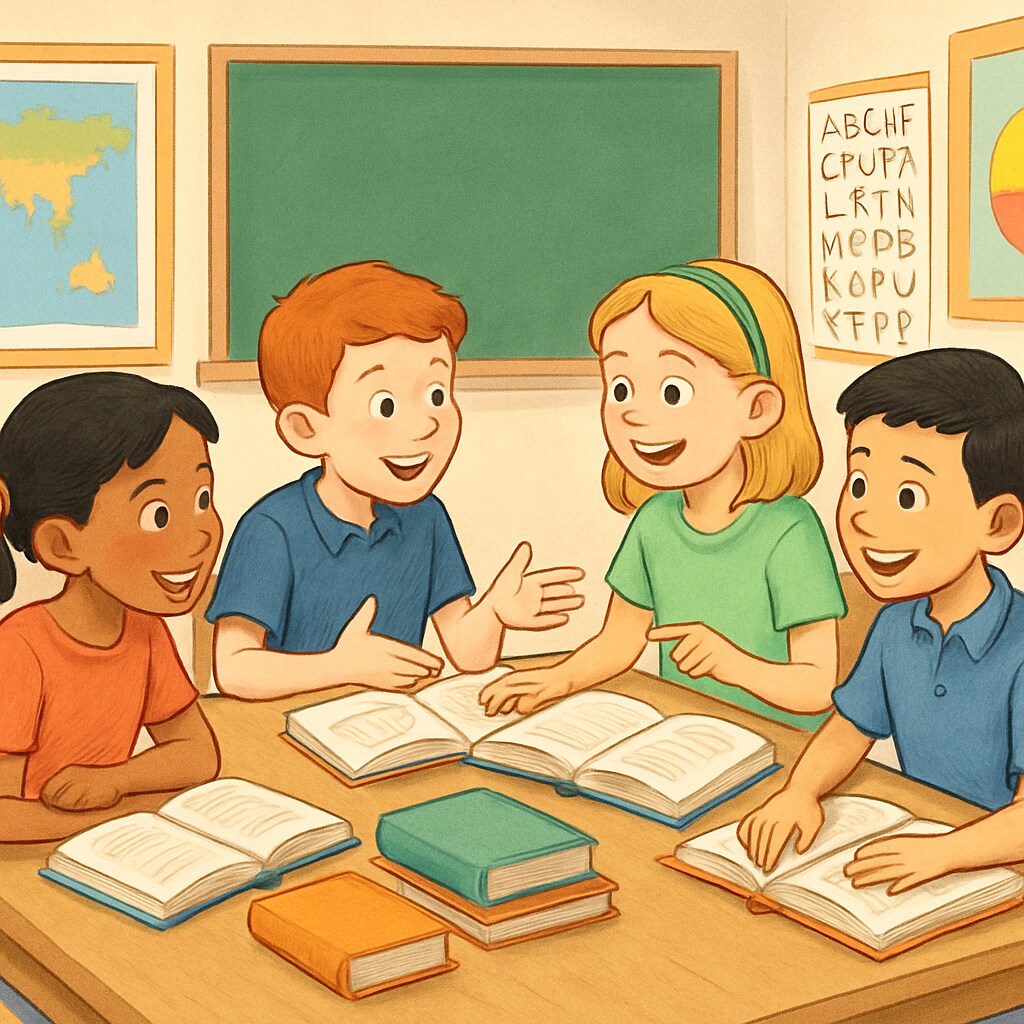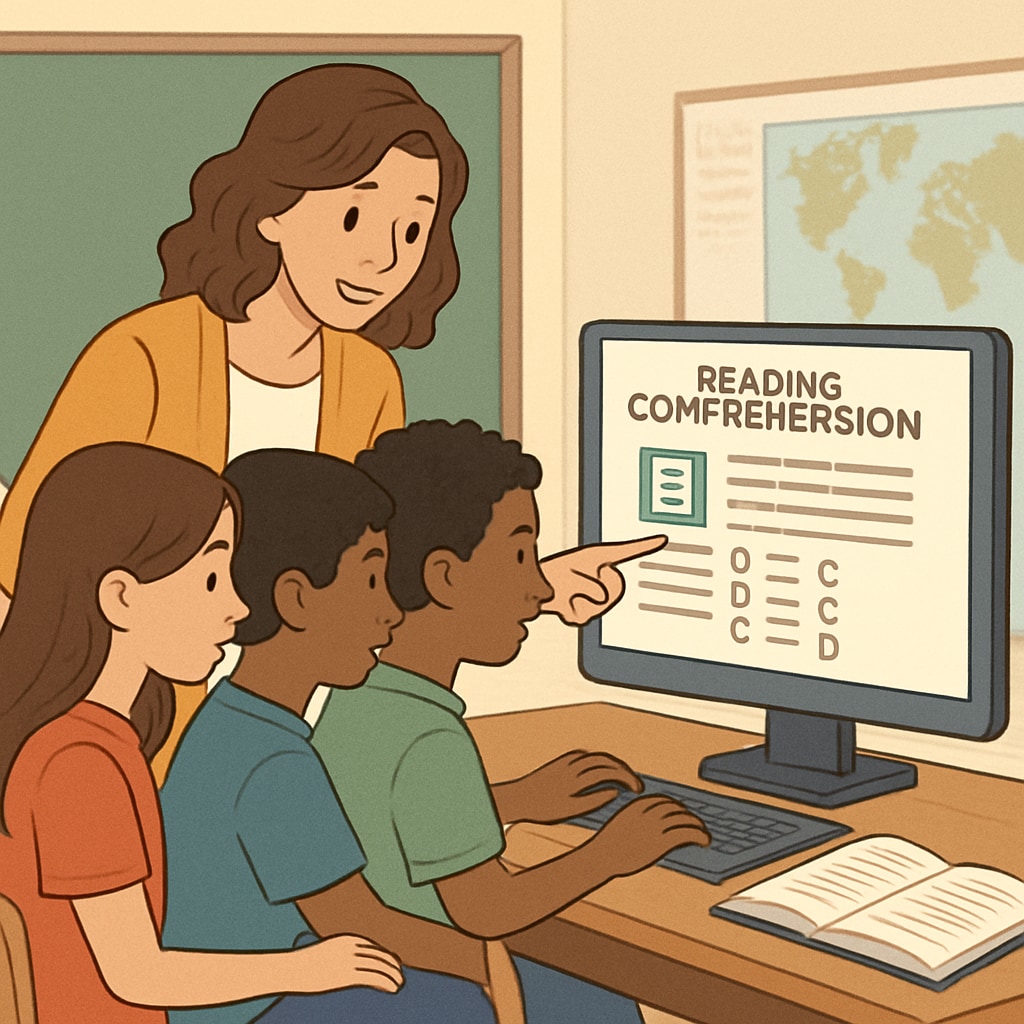Accelerated Reader (A.R.), with its interactive reading quizzes and points-based system, has long been a staple in elementary education. Its ability to enhance reading comprehension and spur motivation through its intuitive A.R. points system is well-documented. However, the program’s cost is a significant barrier for many schools. So, how can educators replicate these benefits using budget-friendly or free resources? This article explores free alternatives to A.R. that not only tackle reading comprehension quizzes but also serve as effective reading motivators for fourth-grade students and beyond.
Why Seek Free Alternatives to A.R.?
While A.R. offers structured reading assessments and incentivizes students with gamified points, its subscription fees can strain school budgets. Moreover, free alternatives often allow for greater customization and flexibility, catering to diverse student needs and interests. By adopting free tools, educators can maintain the core benefits of A.R.—encouraging reading comprehension and fostering a love of reading—without the financial constraints.

Key Features to Look for in A.R. Alternatives
Before diving into specific tools, it’s essential to identify the attributes that make a good A.R. alternative. Some essential features include:
- Reading comprehension quizzes: Tools should offer a way to gauge students’ understanding of books.
- Progress tracking: Platforms should allow educators to monitor individual and class-wide progress.
- Gamification: Points, badges, or other rewards can significantly boost student engagement.
- Free or low-cost access: The platform should be budget-friendly for schools or parents.
With these criteria in mind, let’s explore some excellent free resources.
Top Free Alternatives to A.R.
Here are some highly effective and completely free tools that replicate or even enhance the benefits of A.R.:
- ReadTheory: This platform tailors reading comprehension exercises to a student’s skill level. It offers a vast library of passages across various subjects and provides instant feedback for students. Learn more about it on ReadTheory’s website.
- CommonLit: With a wealth of literary and informational texts, CommonLit includes built-in quizzes to assess comprehension. Teachers can assign texts based on individual reading levels, making it an excellent A.R. substitute. Check their offerings on CommonLit.
- Epic! Free: While Epic! offers a paid version, their free tier provides access to thousands of books. It also includes quizzes and rewards, making it an engaging platform for younger readers.
- Book Adventure: This classic tool gamifies reading with quizzes and rewards, much like A.R., but it’s entirely free and easy to use.

How to Implement These Alternatives Effectively
To replicate the success of A.R., educators and parents should consider the following strategies:
- Set clear goals: Define specific reading and comprehension targets for students.
- Create a reward system: Use badges, certificates, or small prizes to motivate students, just like the A.R. points system.
- Encourage peer discussions: Promote book clubs or reading groups to make the experience collaborative and fun.
- Integrate tools thoughtfully: Combine multiple platforms, if needed, to cater to various learning preferences and levels.
By adopting these strategies, educators can create a robust reading ecosystem that keeps students engaged and motivated.
The Long-Term Benefits of Free Reading Tools
Switching to free alternatives not only alleviates budgetary concerns but also empowers educators with flexible, customizable resources. These tools can inspire a love of reading in students, improve their comprehension skills, and prepare them for a lifetime of learning. Furthermore, free platforms often evolve with input from educators and users, ensuring they remain relevant and effective over time.
As a result, schools can focus on nurturing lifelong readers without the financial burden of paid programs like A.R. Ultimately, the goal is not just to measure comprehension but to cultivate a genuine passion for reading among students.
In conclusion: Free alternatives to A.R. are not only viable but can sometimes surpass the original system in flexibility and accessibility. By incorporating these tools and strategies, educators and parents alike can create a dynamic and inspiring reading environment for elementary students.


